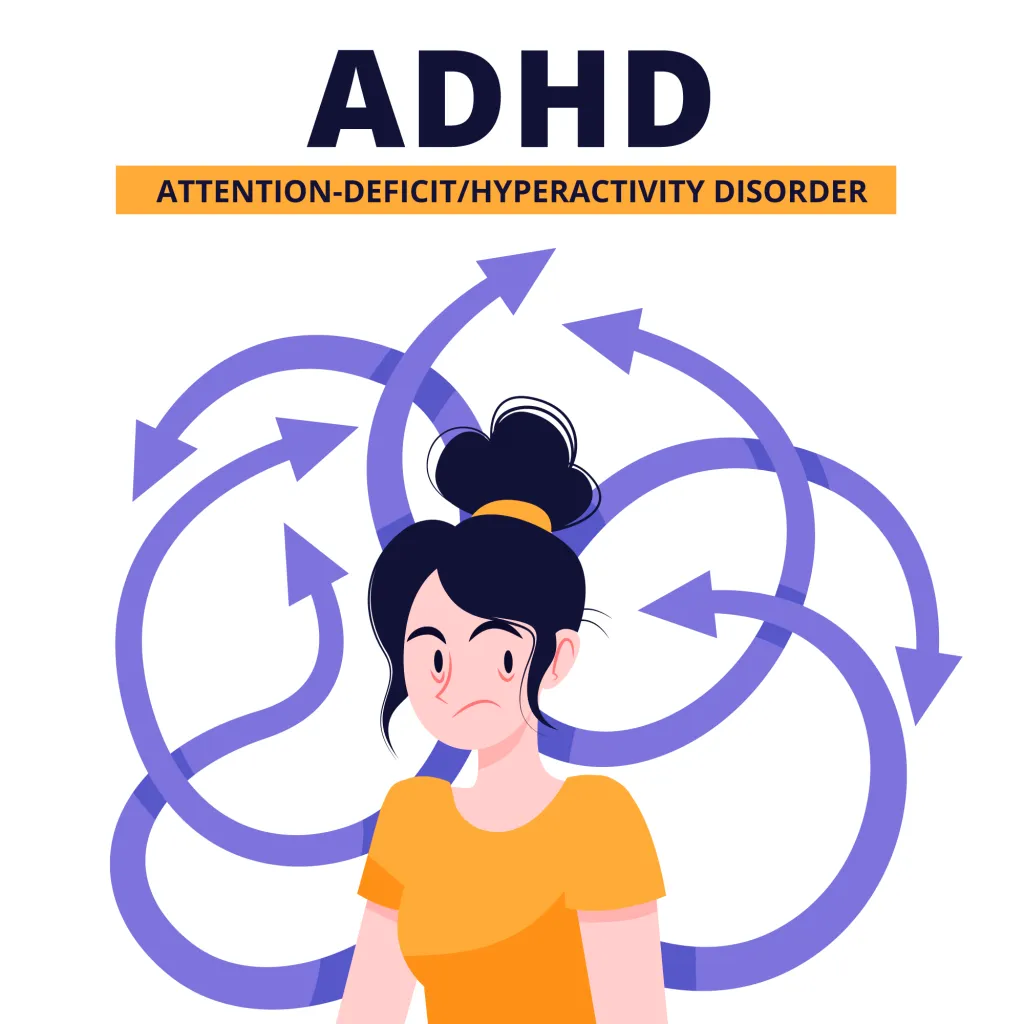On Track: Balancing Life with ADHD Medication

Impulsivity, hyperactivity, and inattention are signs of Attention Deficit Hyperactivity Disorder (ADHD), a neurodevelopmental disorder. For people diagnosed with ADHD, navigating daily life can be challenging; therefore, a multimodal approach is necessary to effectively manage symptoms. One of the primary treatments for ADHD is medication, which has the potential to significantly improve focus, impulse control, and overall performance. Finding the right balance between medication and other aspects of life is crucial for individuals with ADHD, though. This article will cover the challenges of managing life while taking ADHD medication, as well as its benefits, side effects, and strategies for striking a balance.
Understanding ADHD Medication:
The primary mechanism by which ADHD medications work is by increasing the brain’s levels of neurotransmitters, such as dopamine and norepinephrine, which are critical for impulse control, behavior regulation, and attention. Stimulants such as amphetamine-based drugs (e.g., Adderall) and methylphenidate (e.g., Ritalin) are among the most regularly prescribed therapies for ADHD. Non-stimulant medications like atomoxetine (Strattera) and certain antidepressants are also recommended to treat the symptoms of ADHD.
Benefits of ADHD Medication:
Increased Concentration and Focus:
One of the key benefits of taking an ADHD medication is improving focus and concentration. Individuals usually report being able to concentrate better, follow instructions, and complete tasks faster.
Reduced Hyperactivity and Impulsivity:
Those with ADHD who take medication can help manage their hyperactive behaviors and impulses, which leads to more composed and regulated interactions in the job, in social situations, and in educational institutions.
Enhanced Executive Functioning:
Taking an ADHD medication can help as persons with ADHD often suffer with executive functions such as planning, time management, and organizing. This can lead to more output overall and better decision-making.
Challenges of Balancing ADHD Medication with Life:
While there are numerous benefits to taking ADHD medication, there are also disadvantages, particularly in figuring out the right dosage and managing any potential side effects. Common challenges consist of the following:
Selecting the Correct Dose:
Since each person reacts to medication differently, it may take some trial and error to determine the appropriate dosage for you. While a dose that is too low could not be enough to relieve symptoms, one that is too high could have unfavorable effects including increased anxiety, appetite loss, or insomnia.
Managing Adverse Effects:
As with any medication, there may be differences in the severity and duration of adverse effects related to ADHD medications. Examples include changes in blood pressure and heart rate, headaches, upset tummies, and mood swings. Determining how to manage or reduce these adverse effects is necessary to maintain medication compliance.
Stigma and stereotypes:
There is still a lot of stigma associated with diagnosing ADHD and treating it with medication. Some persons may face judgment or criticism from others who don’t fully understand the illness or the available therapies. This could make you feel embarrassed or make it harder to stick to your prescription schedule.
Strategies for Balancing Life with ADHD Medication:
Despite the challenges, many people with ADHD are able to successfully manage their medication with other aspects of their lives. To help achieve this equilibrium, consider the following strategies:
Sincere Communication with Medical Professionals:
Open communication with healthcare providers is necessary for the effective treatment of ADHD medication. This entails discussing any concerns or negative effects experienced and cooperating to adjust the dosage or, if required, try alternative treatments.
Creating a Structured Schedule:
Following a regular routine helps people with ADHD keep organized and focused. This means planning regular meals, exercise, and sleep schedules in addition to exact medication times in order to support overall health and well-being.
Using Behavioral Therapy:
In addition to medication, behavioral therapy techniques can assist manage symptoms of ADHD. Apart from medication, coping methods for managing hurdles can be improved through cognitive-behavioral therapy (CBT), mindfulness exercises, and organizing techniques.
Seeking Assistance from Others:
Building a network of acquaintances, family, and classmates who are aware of ADHD can be a terrific method to receive assistance and motivation. Joining a support group, whether online or in person, allows you to connect with others who have experienced and managed ADHD similarly.
Taking Care of Oneself:
Self-care is crucial for those with ADHD, particularly when it comes to handling medication and the challenges that accompany it. Engaging in enjoyable, stress-relieving, and relaxing activities can promote resilience and overall wellbeing.
Conclusion:
Juggling life and ADHD medicine requires tenacity, tolerance, and a flexible approach. Even while taking medication can greatly reduce symptoms, there are still problems that need to be resolved, such as determining the right dosage, managing side effects, and getting over stigma. When people with ADHD use strategies including behavioral therapy, routine development, open communication with healthcare providers, self-care, and asking for assistance, they can successfully integrate medicine into their lives and thrive. If you have the right supports and resources, it is feasible to manage ADHD with medication and yet experience fulfillment and harmony in your life.






